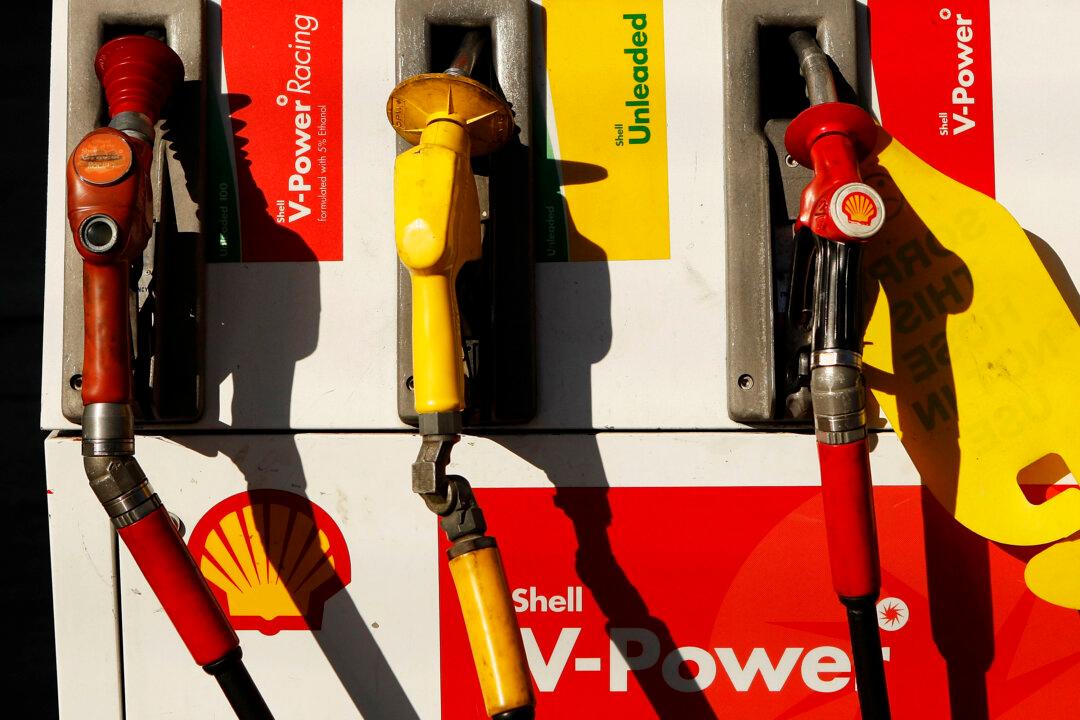One of Australia’s top insurance companies has warned petrol prices may remain at unprecedented levels throughout the duration of Russia’s invasion of Ukraine.
NRMA spokesman Peter Khoury said many Australians could expect to pay staggeringly high prices of more than $2 per litre (US$5.51 per gallon) when at the pump.





